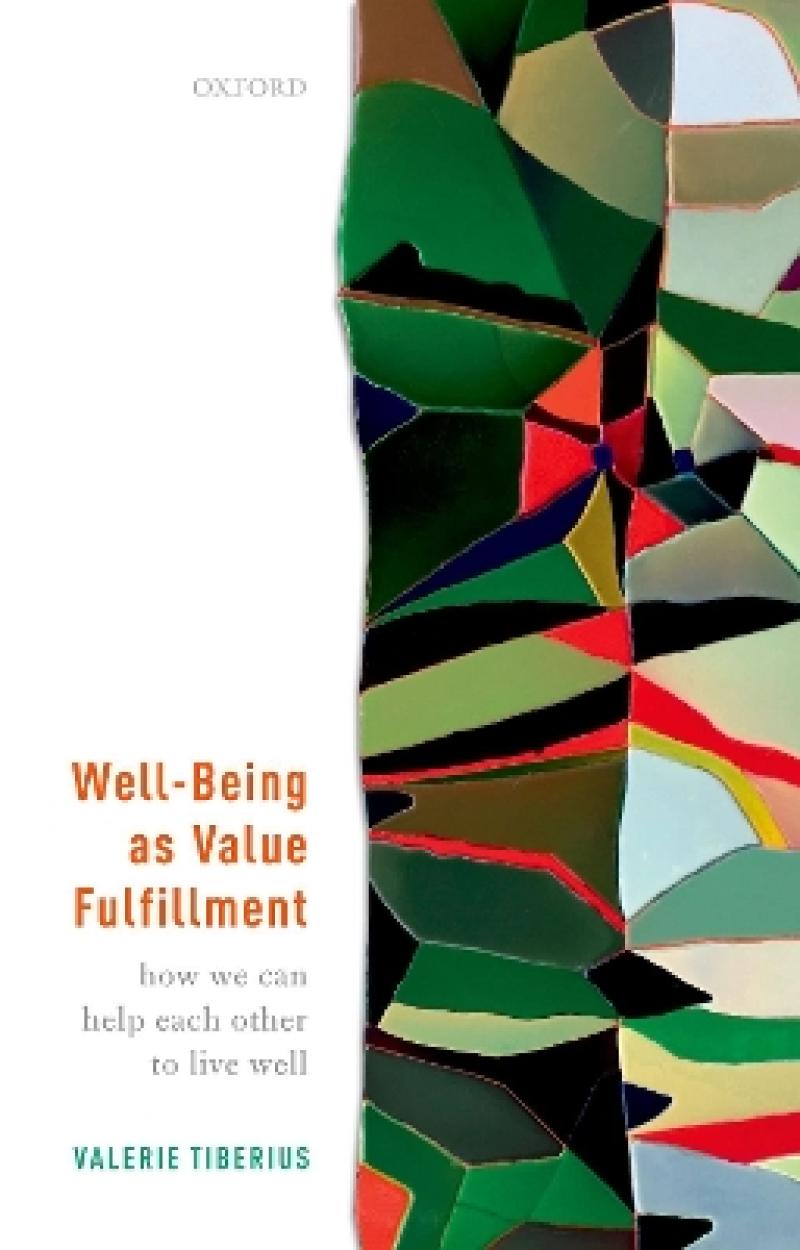There is much to like in Tiberius' perceptive explorations: the quest for well-being -- a friend's or one's own -- can be complicated business, and she carefully develops many thoughtful recommendations to conduct it, well informed by contemporary psychological research on well-being and other relevant matters ... the book's richness also resides in the practical wisdom it imparts
Bernard Reginster, Notre Dame Philosophical Reviews
Well-Being as Value Fulfillment is a pensive look at the fraught topic of helping our friends--a topic so quotidian that it would be at home on a flyer in the waiting room of a doctor's office. Yet Tiberius expounds on the complexity that often leaves us mired in conflicts as we try to help--and fail. She explains with sensitivity and verbosity the importance of coming to understand what matters to ourselves and others, and being alert enough to respect the difference between the two
Katherine Oktober Matthews, Riding the Dragon
